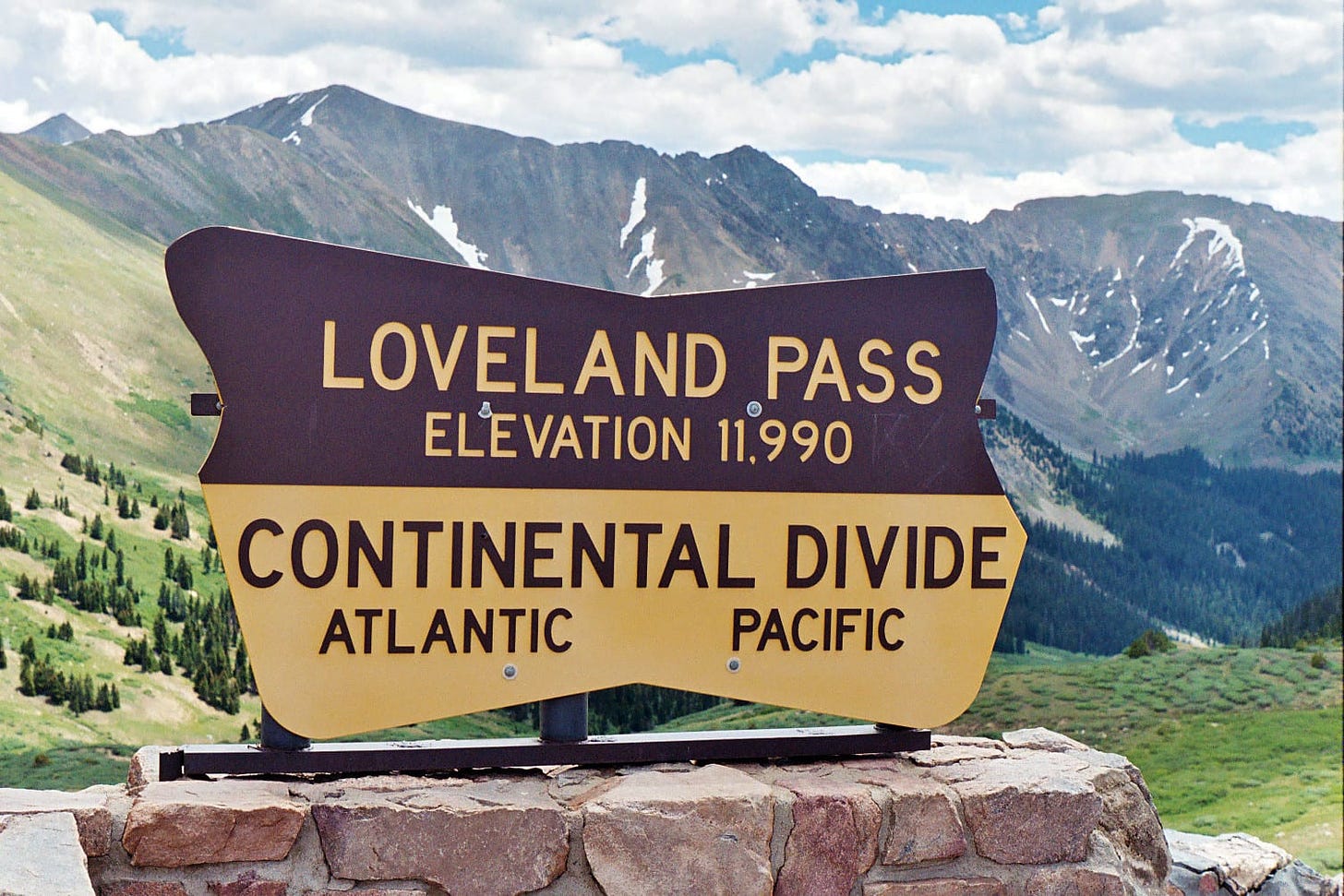
Proposition 114 has been fulfilled after 3 years of strife. Here’s how it happened.
By Rep. Matthew Soper | SOURCE: The Western Slope Statesman
Proposition 114 puts in statute that gray wolves should be reintroduced “on designated land west of the continental divide” by December 31st, 2023. These “designated lands west of the continental divide” are what we colloquially refer to as the Western Slope of Colorado. The purpose of the proposition, according to the environmentalists, is to “restore balance” to Colorado’s ecosystems. For those of us living on the West Slope, it means an assault on our way of life by jeopardizing our ranching, hunting/guiding, tourism, and outdoor recreation economies.
Colorado’s reintroduction effort followed reintroduction efforts by the federal government in Yellowstone National Park and Central Idaho, that have lead to wolfpacks in Wyoming, Idaho, Montana, Washington, California and Oregon. There are even Mexican wolves that have migrated into Arizona, Utah, and New Mexico. Historically, Colorado was the buffer zone between Gray wolves and Mexican wolves, which are significantly smaller than Gray wolves.
The only state that allowed Colorado to relocate wolves was Oregon, a Democrat led state. Montana, Wyoming, and Idaho declined to allow Colorado to relocate any of their wolves. As we have learned in recent weeks, the wolves Oregon sent down had been problems for their state’s game office. There were documented cases of the pack attacking cows and depredating rancher’s herds.
It is worth noting that in 2016, the Colorado Wildlife Commission rejected a proposal to reintroduce wolves. The Colorado Wildlife Commission, a Type 1 entity, is a citizen board, appointed by the Governor, which sets regulations and policies for Colorado’s state parks and wildlife programs. The membership is required to include 3 sportspersons, 3 agricultural producers, and 3 recreationalists. Also, at least 4 members of the commission must be from the Western Slope.
Proposition 114 was one of the closest votes in recent history passing 50.91% to 49.09% with a mere 57,000 votes representing the difference. The measure only received a majority of the vote in 13 counties, five of which are west of the Continental Divide: Summit county, Pitkin county, San Juan county, San Miguel county, and La Plata county. The other 8 form the core of the I-25 corridor and are where the vast majority of the votes for Prop. 114 came from. Five of those counties made up almost 60% of the total vote in favor of Proposition 114:
- Denver- 249,877 votes (or 15.71% of the total Y votes)
- El Paso- 185,854 votes (or 11.69% of the total Y votes)
- Jefferson- 185,173 votes (or 11.64% of the total Y votes)
- Arapahoe- 178,704 votes (11.24% of the total Y votes)
- Boulder- 132, 607 votes or (8.34% of the total Y votes)
For reference, the total votes in favor of Prop HH from the Western Slope counties totaled 38,024, or 2.39% of the total yes (Y) votes.

uncovercolorado.com
Proposition 114 was primarily backed by Rocky Mountain Wolf Action fund which raised more than $1.7 million from groups such as the Sierra Club, the Center for Biological Diversity, the Natural Resources Defense Council, Rocky Mountain Wild, the Association of Zoos & Aquariums, and California’s Tides Center. Notably, the Association of Zoos & Aquariums gave $100,000 and the Tides Center gave $381,000 to the campaign. There were also major individual donations given, including $122,000 from author and entrepreneur Tim Ferriss and $254,000 from Richard Pritzlaff who sat on the board of the Rocky Mountain Wolf Action fund and served as the President of the Biophilia Foundation. Most of this was out-of-state money and certainly not from West Slope interests.
To compare, Stop the Wolf PAC, one of the groups that opposed Prop. 114, raised just over $172,000. $100,000 of which came from the Buffalo Horn Ranch in Meeker, CO. The rest came mostly from individuals on the West Slope, who gave smaller sums. The other major group opposed: Coloradans Protecting Wildlife, raised $787,488.97 in 2020. Their funding came from Safari Club International ($70,800), the Colorado Cattlemen’s Association ($10,500), and the Rocky Mountain Elk Foundation ($319,500).
The most disappointing thing about Proposition 114 was that it imposed a burden on people who did not vote in favor of it. The front range had all the voting power and none of the consequence. The Western Slope, in contrast, must shoulder all of the consequences and ultimately didn’t get the most say in Prop. 114’s passage. Conservation is important. Biodiversity is important. However, if a decision is going to be made about reintroducing a predator that is going to impact livestock and hunting, either the consequences ought be shouldered by the entire state, meaning wolves should be reintroduced on the front range too, or the decision should be made by the people most effected, i.e. the people of Colorado’s Western Slope. Instead, the people of the Front Range get to feel good about their environmentalism and the farmers, hunters, and ranchers west of the Continental Divide now must live in fear for their livelihoods as a predator is imposed upon them.
